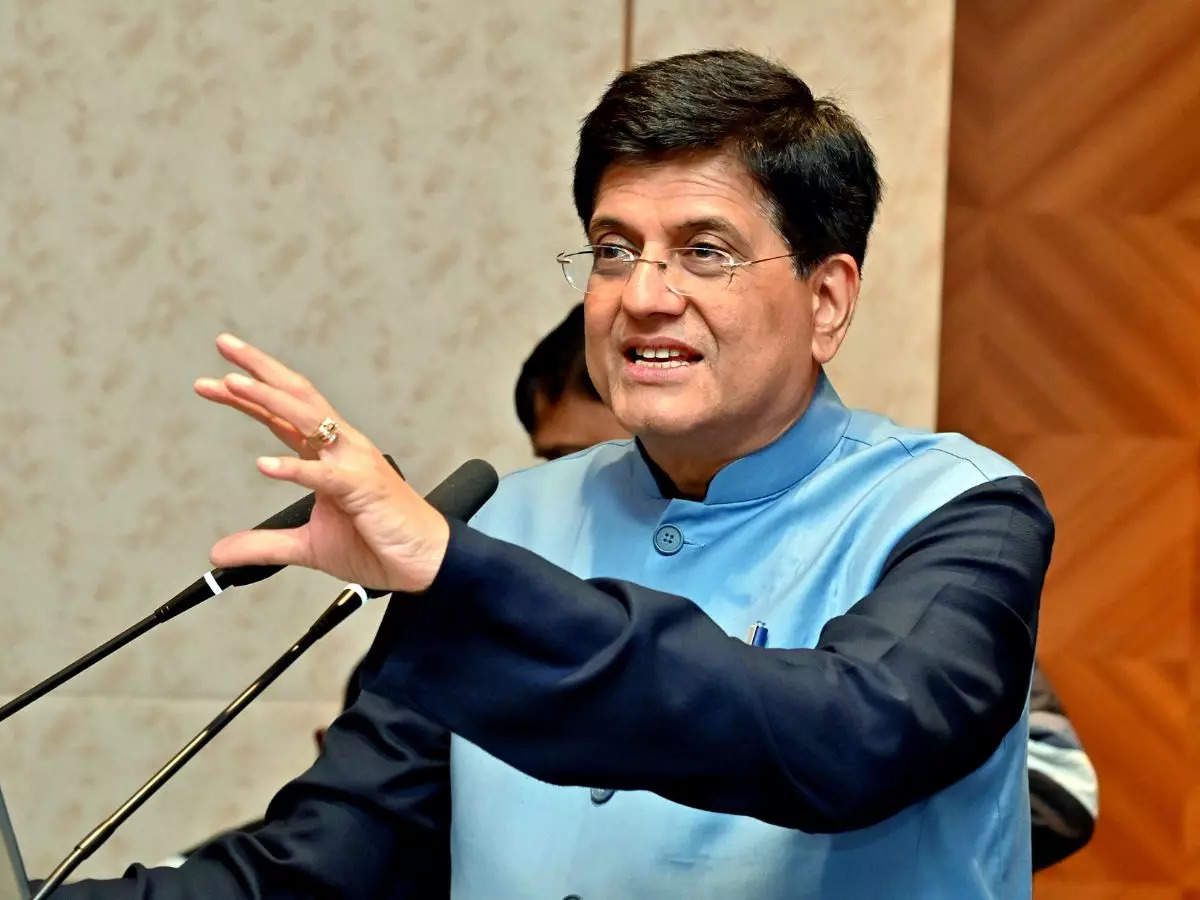Are you satisfied with the outcome?
It is a good outcome and we are completely satisfied. Progress was made on several contentious issues and India continues to retain full policy space for the benefit of our farmers and fishermen. We have been able to protect India’s interests.What were the problematic issues in agriculture and fisheries?
There were no problematic issues in agriculture as we have a peace clause on public stockholding and our procurement of grains for distribution to the poor continues uninterrupted and without hindrance.
On fisheries, we found several ambiguities on the proposals that were on the table, more particularly some of the subsidies that certain countries give were sought to be excluded, definitions were not satisfactory and several areas where deeper consultations and greater degree of flexibility is required to ensure a fair and balanced agreement were not possible in such a short period of time. By and large the objectives with which we had come to Abu Dhabi are largely met and we go back fully satisfied.
Are there any concerns on the ecommerce moratorium getting extended?
We are not necessarily opposed to it fully. We were seeking that they should have discussed in the intervening period between MC12 and MC13 the scope of ecommerce moratorium, areas to be covered and excluded, and study its impact on different economies.
Since the process has not yet been completed, we believe that it is in the best interest that we continue this ecommerce moratorium and ensure that if at all it is found to be necessary, there will be discussions at Geneva to see if there are any areas particularly which need to be covered under the moratorium, otherwise as the decision stands, it will expire at the end of two years or the next ministerial, whichever is earlier.
With the world getting fragmented, is the WTO relevant?
I think it is. The WTO is an important organisation. It does carry the weight of 166 countries and creates equitable rules of trade and gives an opportunity to every country to raise areas of their interests or concerns. Of course, it can work much better and deliver much more.
Is it time for India to have more offensive interests?
As of now, we do not have any offensive interest per se. Our largest interest was to protect our farmers and our fishermen, both of which we are strongly doing, and that is our offensive interest, which we are actively pursuing. We have always stood for least developed countries and developing countries.
Some people have lost interest in the WTO because of the non-functional dispute settlement body…
It is important to get the appellate body back so that the disputes can be escalated to the WTO for resolution. Sadly, without an appellate body, no dispute can be taken to its completion and to that extent people do feel now it is not worth the while to have. The progress has been relatively slow and certain countries are not yet ready to accept the two-tier dispute settlement mechanism that is the hallmark of the WTO.
With India supporting a joint statement initiative on domestic services, does it mean we are gradually shifting our stance on JSIs?
We continue to believe that JSIs are not part of the WTO process and we do not recognise them. This hasn’t come in through the JSI process. It has come in through countries voluntarily deciding whether to join or not, and that’s part of the process approved in WTO.
Non-trade issues have been making their way into the WTO and it doesn’t seem to stop…
We have been successful in making sure that non-trade issues aren’t brought into the WTO. For example, an effort was made to begin investment facilitation. Since investment is not part of the WTO, we did not allow it to come in. Similarly, an effort was made to bring industrial policy discussions, again an area that India believes is not a part of the original Marrakesh framework. India has successfully made sure that no non-trade issue is brought before the WTO.
India also tried to reduce the cost of cross-border remittances in MC13. How will we take it forward?
That was India’s offer to the world. A large number of countries, particularly less developed and developing countries, are required to use channels for remittances, which makes it extremely expensive. I am given to understand that remittances on an average can cost 4-9% of the transaction value, and India has developed the UPI and a very robust fintech system, which can help bring this down to less than one-eighth or one-fifth of the current amount.











